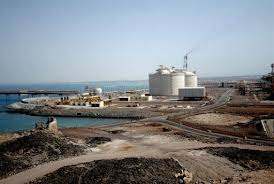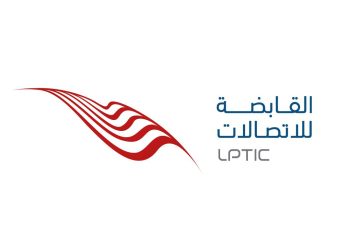Libya Herald staff.

Tripoli, 13 June 2015:
Two months on from its move to bypass the National Oil Corporation and supply oil directly . . .[restrict]to world markets, the government in Beida has not managed to sell a single barrel.
Even though it is internationally-recognised, traders have proved unwilling to work with the government of Abdullah Al-Thinni and to bypass their established commercial links with NOC. As surmised in the Libya Herald in April, the risk of NOC suing over ownership of cargos sold directly by Beida has not seemed worth it.
The oil export terminals in the government-controlled east of the country, including that at Hariga, within sight of the Tobruk-based House of Representatives, have continued to work with NOC in Tripoli, loading tankers against paperwork raised in the capital.
According to Reuters, the government controls more than half of the current exports of 460,000 barrels per day. Its failure to generate much-needed foreign currency from an asset that it is actually in its hands in an embarrassment. Last December the government fired NOC chairman Mustafa Sanalla replacing him with Mabrouk Busief. It has since threatened to sue any traders buying from Tripoli-based NOC but no cases have yet known to have been launched.
There are also unconfirmed reports that deep discounts have been offered to customers willing to pay into a special bank account that the government has opened in Dubai. It had been thought that Saudi Arabia would lift some of the ‘government oil’, if only to keep world supplies up and the oil price down, so driving out higher cost US fracking producers. Moscow and Beijing were also mooted as customers. No such deals have yet emerged.
However, NOC, like the Central Bank and the Libyan Investment Authority continues to insist that it is neutral in the power conflict between the government and Libya Dawn.








